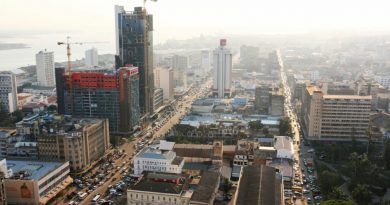77 Competitors Enter the Race for Hong Kong’s Stablecoin Market
The Hong Kong Monetary Authority’s call for stablecoin issuers has ignited an unprecedented surge of interest, with 77 diverse companies stepping forward. However, the regulator is launching a meticulous screening process aimed at differentiating truly viable projects from mere aspirants, all in the interest of maintaining market stability.
Summary
- As of August 31, the Hong Kong Monetary Authority has received 77 stablecoin license applications.
- The applicants include banks, fintech firms, asset managers, Web3 startups, and state-affiliated organizations.
- Licenses will not be issued until 2025, as regulators thoroughly review the applications.
According to The Standard on September 1, the HKMA has confirmed that it received 77 expressions of interest for the stablecoin licensing framework by the August 31 deadline.
The pool of applicants extends beyond conventional crypto entities; it includes a diverse range of traditional banks, leading payment processors, asset managers, and Web3 startups eager to participate.
In light of the sensitivity of the process, the regulator has promptly quelled speculation by choosing not to reveal any applicants, clearly indicating that an expression of interest is merely an initial step and far from a guarantee of approval.
Major players eyeing the stablecoin landscape
While the HKMA keeps the official list of applicants confidential, prior reports allude to a lineup of influential players. Noteworthy interest has come from global banking giants like Standard Chartered and major fintech firms such as Ant Group.
Additionally, the involvement of state-owned enterprises, including the energy giant PetroChina, which has publicly presented feasibility studies on utilizing stablecoins for cross-border transactions, is noteworthy. This varied interest points to a competition that extends beyond crypto-native firms; it’s about shaping the future of digital payment infrastructure in global trade.
Despite this surge in interest, Hong Kong’s licensing process is effectively at a standstill. The Stablecoin Ordinance took effect on August 1, but the HKMA has signaled delays in approvals until 2025.
Deputy CEO Darryl Chan Wai-man has attributed this extended timeline to the “heavy workload” associated with thoroughly reviewing complex applications, a responsibility that requires meticulous due diligence.
The authority appears to be carefully scrutinizing the 77 expressions of interest, employing a rigorous filtering mechanism to ensure that the first entities awarded licenses are not only technically proficient but also have robust reserve backing, stringent anti-money laundering protocols, and operational resilience.




